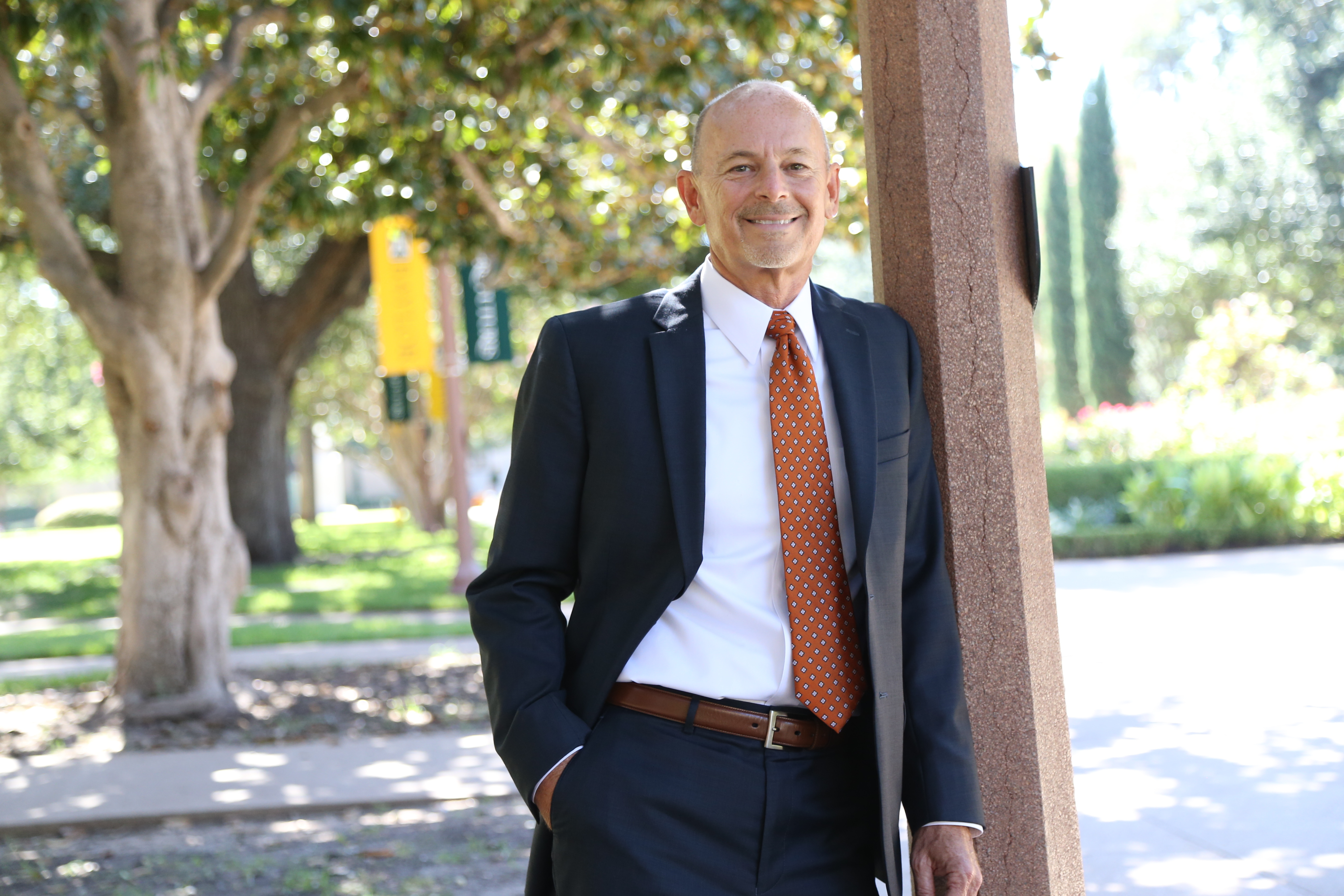Proving Religion Benefits Society

The following story originally appeared in the Spring 2018 edition of Baylor Magazine. Click here for the complete story.
Byron Johnson, Ph.D., Baylor Distinguished Professor of the Social Sciences and director of the Institute for Studies of Religion, pursues scientific studies on how religion impacts society and the global common good—to quantify the effects of religion on such areas as education, civic engagement and volunteerism.
Throughout his career, Johnson has found that religion is largely overlooked by the social sciences. He points to faith-based responses to disaster relief that are often viewed in the moments as “unbelievable,” yet the breadth and scope of such responses frequently remain undocumented.
“We feel a responsibility, especially here at Baylor, to highlight that kind of work and to document it as well as we possibly can so people can understand the impact that faith can have for good,” he says.
Johnson’s studies look at societal issues of crime, delinquency and drug addiction, and the results have led him to believe religion is integral to developing solutions for these societal problems. Johnson and his team conducted surveys and in-depth interviews over a five-year period at the Louisiana State Penitentiary, the nation’s largest maximum-security prison.
The Louisiana State Penitentiary, commonly known as Angola, is located on an 18,000-acre farm that used to be a slave plantation, tucked along the muddy banks of the Mississippi River in West Feliciana Parish about 40 miles northwest of Baton Rouge. The majority of the prison’s 6,000-plus current prisoners are serving life without parole.
Angola was once considered the nation’s most violent and corrupt prison; however, a Bible college was planted in the prison in 1995. Since then, inmates have founded 29 different congregations—independent churches with complete church staffs, all led by inmates. No other prison in America is structured like this.
Johnson’s study found that inmates who attend the Bible college and those who participate in these congregations are less likely to get in trouble and more likely to help other inmates. Suicide, violence and assaults have decreased since the introduction of organized religion at Angola. Inmate ministers are now being transferred to other prisons as missionaries. They have created a hospice unit and grief-counseling services as inmates lose family members on the outside. Many of the staff attend the churches led by the inmates, and their families are allowed to worship with them.
“In the middle of the swamps of Louisiana, you now have correctional leaders and policymakers from around the U.S. and the world coming to find out what’s happening in this place,” says Johnson, who has documented this in a book—The Angola Prison Seminary. “We’ve also written popular essays and opinion editorials because we want the news to be read by people other than academics.”
Johnson’s findings have been published in 10 articles so far with several more in development. Prisoners are now flourishing because researchers better understand the role of religion in society, and he says these findings are important beyond the walls of this particular prison.
“What we found in Angola is that faith and service matters,” Johnson says. “Isn’t it special, that at a place like Baylor faith and service matter, as well?”
Johnson involves undergraduate and graduate students in his work. From the opportunity to interview prison inmates to quantifying faith-based responses to natural disasters like Hurricane Harvey, Johnson encourages students to participate on his team.
“The mentoring piece is huge,” Johnson says. “I was the beneficiary of mentoring, and it changed my whole career. The opportunity to invest in other people like that can be life-changing.”